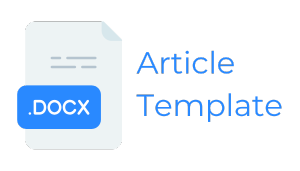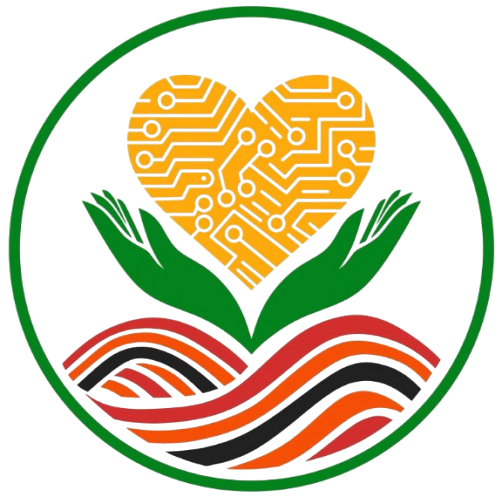Focus and Scope
The EDEN: Journal of Elementary and Digital Education aims to be a leading reference source for the study of innovations in elementary education that integrate technology into teaching and learning, fostering the advancement of student learning in the digital age. EDEN: Journal of Elementary and Digital Education provides a platform for the publication of scholarly articles by academics, researchers, education practitioners, and policymakers to share research findings, innovative ideas, and best practices focused on elementary education and digital learning in elementary schools. Specifically, the scope of EDEN: Journal of Elementary and Digital Education includes:
1. Studies on Elementary Education and Learning, which include:
- Innovative Teaching Methods: This includes studies on innovative teaching methods applied in elementary schools, such as active learning, collaborative learning, project-based learning, and other active pedagogical approaches that enhance student engagement and understanding.
- Curriculum Development: This includes studies on the development of curricula that are relevant and responsive to the needs of students in the digital age, including the integration of 21st-century skills into elementary education.
- Child Educational Psychology: This includes studies exploring the psychological development of elementary school-aged children, pedagogical approaches that support their social-emotional growth, and strategies for managing student diversity in the classroom.
- Assessment and Evaluation of Learning: This includes studies on effective assessment tools to measure student learning outcomes, encompassing cognitive, affective, and psychomotor aspects of learning in elementary education.
2. Studies on the Integration of Technology in Elementary Education, which include:
- Technology-Based Learning: This includes studies on the implementation or development of technology in elementary education, such as the use of digital devices, e-learning platforms, interactive learning applications, and multimedia content development.
- Blended Learning Models: This includes studies and best practices on blended learning models in elementary schools, combining face-to-face, online, and offline learning methods to enhance the learning experience.
- Development of Digital Learning Media: This includes studies on the design, development, and evaluation of effective digital learning media for elementary students, such as educational games, instructional videos, and interactive simulations.
- Use of Technology for Special Needs Students: This includes studies on the use of technology to support inclusive education for special needs students in elementary schools, focusing on how digital tools can facilitate learning for children with diverse educational needs.
3. Community Engagement in Elementary Education, which includes:
- Empowering Communities through Education: This includes studies on community service programs related to elementary education and the development of digital learning, such as teacher training, school development, and collaboration between schools and local communities.
- Best Practices in Inclusive Education: This includes studies on programs and initiatives supporting inclusive education and digital learning in elementary schools, including the use of technology to assist special needs students in their educational development.
4. Studies on Educational Policy in Elementary Schools, which include:
- Analysis of Educational Policy: This includes studies on educational policies affecting elementary schools, particularly those related to the integration of technology in education, curriculum innovation, and the professional development of elementary school teachers.
- Educational Management in the Digital Age: This includes studies on the management and leadership of elementary education in the context of the digital era, including strategies for building schools that are adaptive to technological advancements.
The EDEN: Journal of Elementary and Digital Education invites contributions from a wide range of disciplines related to elementary education and digital learning. Submissions may include empirical research, conceptual studies, and community service reports that have a tangible impact on improving the quality of education in elementary schools in the digital age.













